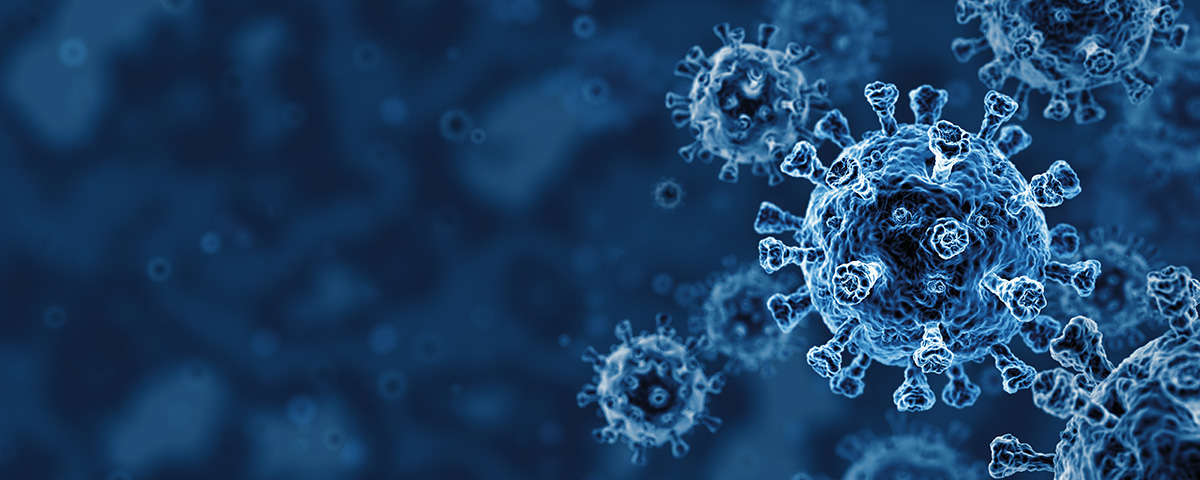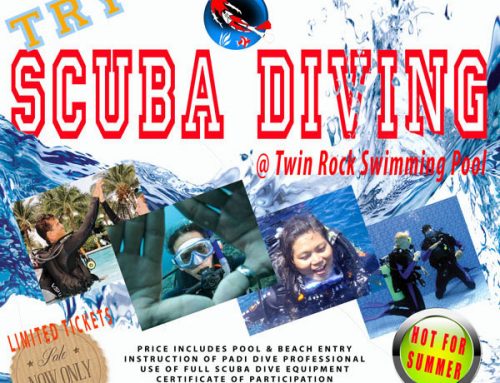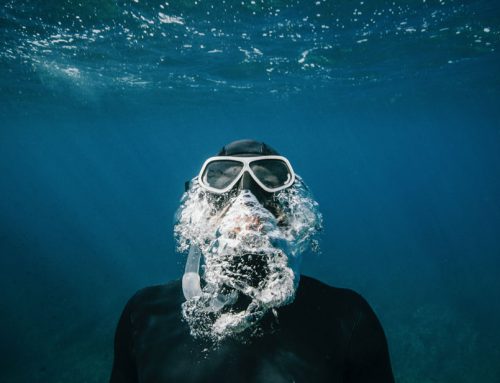DIVING IN THE NEW NORMAL
As we begin 2021, life is very slowly returning to normal. There is of course still a long way to go before life will return to a pre 2020 status and it may be a long time before that happens. But what is clear that with massive efforts, vaccines are being rapidly deployed and administered, which is having a positive impact on life. Slowly, travel restrictions are being lifted or lessened and more businesses are being permitted to open.
Tourism has been massively impacted by the pandemic in 2020, with a near complete shutdown of the tourism industry worldwide. This has decimated any business involved in the tourism sector, with many businesses closed forever.
Worldwide, Scuba diving has been similarly affected by closures, temporary or otherwise. But it’s not all doom and gloom. Slowly divers are getting back into the water and of course as restrictions lessen, peoples ‘wanderlust’ will kick into high gear. After a year or more of no travel people want to re-engage with the world and spread their wings.
But we also have to still remain vigilant to the dangers of COVID and continue to practice physical distancing, wearing face masks, apply hand sanitising practices and follow all and every local requirements to prevent a resurge of the disease.
COVID has, because of scuba divings nature, a double impact that any scuba diving business has to recognise and address.
The first consideration is scuba divers who have had COVID. What impact has this on their ability to dive and how should dive operators address this issue. COVID is of course a disease that can impact the body, either mildly or severely and is mainly a respiratory disease that can massively impact the lung function of a person.
Unfortunately it’s too early to determine what the short or long term effects are on a persons ability to dive. There has not been time yet to examine and study the effects COVID may have on a persons ability to dive and if it will have a medical impact on their risk or susceptibility for decompression sickness for example.
Therefore if you are planning to dive and have had the misfortune of having had COVID, then as a diver you should take medical advice prior to any diving activities. And where ever possible you should try to get medical advice and examinations done by a doctor familiar with scuba diving.
The second consideration is how to make scuba diving activities, whether that be recreational fun diving or courses as safe as possible, specifically in relation to minimising the risk of disease transmission. Not only for staff but for diving guests and the wider community where the dive operations are located.
Scuba diving by its very nature can be an intimate activity, operating in close proximity to one another. Whether thats sharing transport to and from the dive sites or being much more ‘up close and personal’ when there is a requirement to share your regulator, or practicing CPR during one of the courses.
It can therefore be seen that there are two distinct areas within scuba diving activities that have different aspects of potential transmission, both of which requires policies put into place to minimise risk.
First there are dive courses, which dependent on the course have differing levels of proximity to one another. For example the PADI Open Water Diver has students in close physical contact during certain phases of the in water training and has the use of shared air during certain pool modules and in open water modules. Other courses have minimal contact with other divers are more manageable.
The second main focus of a dive business is the recreational fun diver, those that are qualified and wish to discover local diving. Physical distancing and transmission reduction is much simpler and easier to achieve, throughout each stage.
For example as divers we all participate in a pre-dive safety check with our dive buddy, part of which is checking the alternative air source of our dive buddy. This requires us to physically check and breath from their alternative source prior to entering the water. A simple addition to the practice is that we apply a disinfectant to the mouth piece of our dive buddies alternate regulator before each dive. Once its checked and sanitised it is packed away and won’t be touched again unless in an emergency.
One other factor to consider is rental equipment, a potential source of transmission. Many scuba divers do not have their own equipment or divers learning to dive make use of dive equipment rental. Provided equipment is cleaned down and sanitised between use the risk of transmission can be greatly reduced.
As part of the ‘confidence boost’ for divers, the dive operator may provide sanitising equipment that can be used by divers before they use the equipment, i.e. as part of their pre dive check they use sanitisers for mouthpieces on their regulators, LP inflators etc.
What is important is that as we move out of lockdowns and restrictions we all take an active responsibility in disease transmission reduction, minimisation and wherever possible elimination.
Not only is it the morally right thing to do, in many cases its the legally right thing to do. So whilst the dive operator is responsible for adhering to the local and national laws, putting into place policies to reduce any possible transmission, its the divers responsibility too.
As a diver you should be asking what the dive operators policy and practices are in a post COVID world.
It’s been a long time, LETS GET DIVING!
Mabuhay





